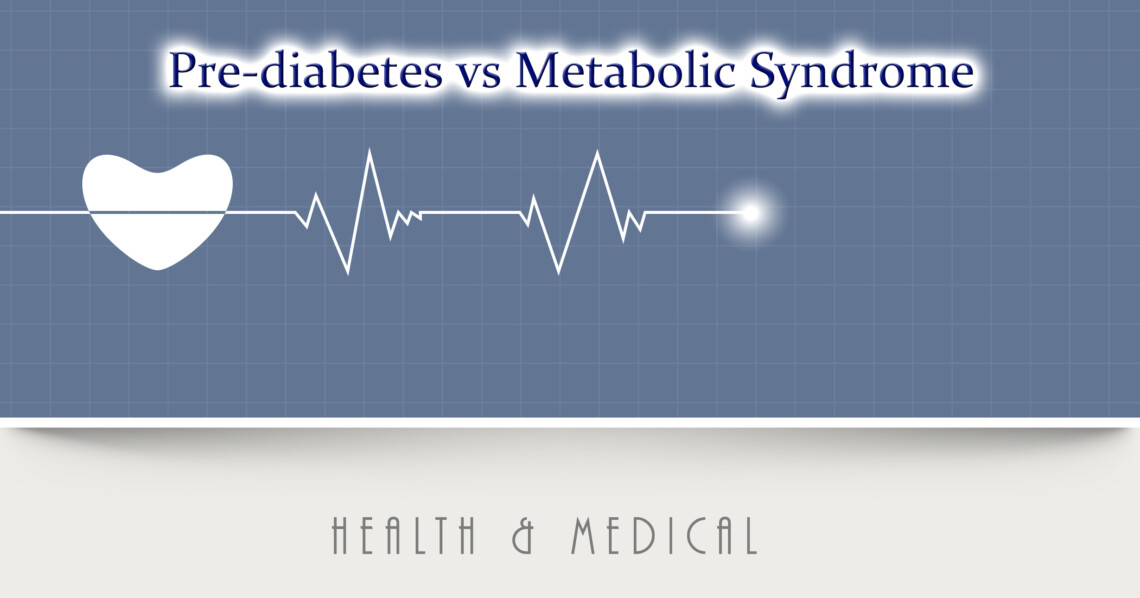People with insulin resistance often make too much insulin in response to eating. They may also produce too much insulin in order to maintain normal blood sugar (blood glucose) levels. The body cannot excrete excess insulin made by the pancreas; excess insulin is stored as fat in the body. This…
-
-
Learn the differences between pre-diabetes, insulin resistance syndrome and Metabolic Syndrome X.
-
Self-Help books about living with insulin resistance - what it is, what causes it, and how to treat insulin resistance through diet, lifestyle changes, weight loss, medication, and stress reduction.
-
A new study conducted by the University of Cambridge has answered a question long posed by diabetes researchers: does insulin resistance cause mitochondrial damage or does mitochondrial damage cause insulin resistance?
-
Pre-diabetes is diagnosed when blood sugars are mildly elevated but not high enough to classify a person as being diabetic. But insulin resistance can still be present even when blood sugars are still normal. People with untreated insulin resistance are at significant risk for pre-diabetes and type 2 diabetes. Lab…
-
When a person is insulin resistant, their cells do not respond to a normal secretion of insulin from the pancreas. The pancreas has to work harder and make more insulin than normal than normal to move blood glucose (sugar) out of the blood stream and into cells and tissues.
-
Insulin Resistance Syndrome (IRS) is also referred to as Metabolic Syndrome, or Metabolic Syndrome X and was previously simply called Syndrome X. Pre-diabetics may also have Metabolic Syndrome X, but pre-diabetes is a separate condition from metabolic syndrome.
-
People with insulin resistance may have different signs and symptoms. Physical symptoms can include skin tags, acanthosis nigricans, weight gain, and hirsutism. Other symptoms can be measured in lab tests including glucose tolerance tests and fasting insulin tests...
-
Yes! A person who is insulin resistance can, and often does, have normal fasting blood glucose levels and normal blood sugar after meals. People with insulin resistance can even "pass" an oral glucose tolerance test (OGTT).
-
A person who is insulin resistant usually produces higher levels of insulin from the pancreas than is normal or healthy. Over production of insulin (hyperinsulinemia) can aggravate or trigger other health problems including infertility, weight gain, bloating, poor lipid profiles, and hormonal imbalances. Hyperinsulinemia also increases the risk of more…
-
How is insulin resistance diagnosed? What tests can tell me if I have insulin resistance? I have normal blood sugars, can I still have be insulin resistant? These and other questions answered about insulin resistance...







